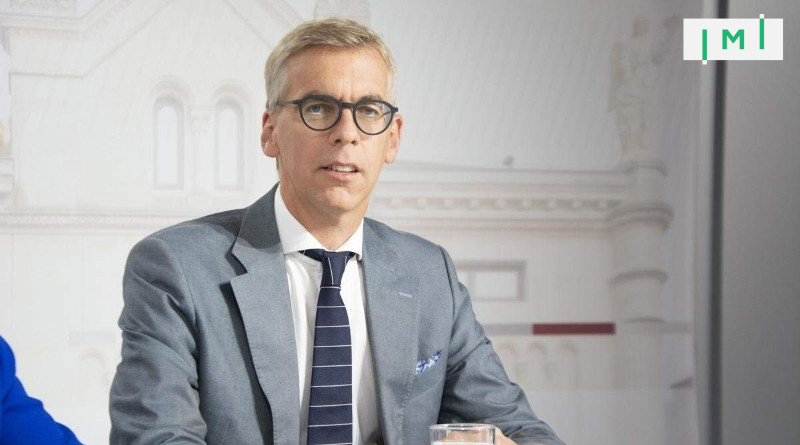Home Affairs Minister Léon Gloden tabled legislation to repeal Luxembourg’s golden visa, citing low value and high administrative burdens.
Luxembourg has submitted draft legislation to eliminate its residency by investment program, marking the end of a seven-year experiment that attracted a mere nine successful applicants since 2017.
Home Affairs Minister Léon Gloden tabled the projet de loi before parliament’s summer recess, proposing to repeal the program that granted residence permits to non-European Union nationals who invested €500,000 in Luxembourg businesses.
The program’s underwhelming performance prompted the government to cite “very low added value” and “disproportionate administrative burdens” as justification for termination.
Only 15 people applied for the golden visa over seven years, as authorities rejected four of the six applications that applicants submitted in 2023 and 2024.
A message from our partners
Applicants came from Russia, Israel, India, and China, though Luxembourg declined to specify which nationalities authorities rejected or the reasoning behind those decisions.
The ministry’s assessment represents a complete reversal from its April 2023 position, when officials maintained that ending the investor residency program “was not a priority.” European Union pressure intensified following Russia’s invasion of Ukraine in 2022, as the European Commission claimed that such programs created “inherent security, money laundering, tax evasion, and corruption risks.”
 Home Affairs Minister Léon Gloden
Home Affairs Minister Léon Gloden
The Commission expressed particular concern about potential exploitation by sanctioned Russians or Belarusians seeking to circumvent travel restrictions.
Luxembourg joins a growing list of EU nations abandoning golden visa programs. Ireland scrapped its Immigrant Investor Program in 2023, although it continues to process its backlog, and Spain closed its golden visa program at the start of this year.
The Netherlands similarly ended its investor visa program in 2023 after processing just ten successful applications over a decade. Malta shut down its citizenship by investment program following the ECJ’s ruling and is planning to shift to a citizenship by merit model.
Legislative Process
The draft legislation now enters Luxembourg’s complex parliamentary process. Parliament will assign the bill to a committee, likely the Committee on Institutions and Constitutional Revision or Home Affairs, where deputies will conduct a detailed examination and eventually appoint a rapporteur to present the committee’s conclusions.
Following committee review, the Chamber of Deputies will hold its first debate and vote before the Council of State (Conseil d’État) reviews the text for constitutional or EU law conflicts.
Should the Council of State recommend changes, the Chamber must hold a second vote, which typically occurs three months later. The process could extend for several more months before the Grand Duke provides formal assent and the law takes effect.
 Henri, Grand Duke of Luxembourg
Henri, Grand Duke of Luxembourg
Luxembourg’s government noted that the program has “not had the desired positive effect” but confirmed that non-EU nationals can still pursue traditional “self-employed” residence permits for business investments.
Under the existing program, investors could choose from four pathways:
- €500,000 in an existing company with its registered office in Luxembourg, which needs to be held for five years;
- €500,000 in a new business, with a registered office in Luxembourg. The business needs to hire five full-time employees within three years of being incorporated. The National Employment Agency needs to assist in the hiring process.;
- €3 million capital contribution in a management and investment structure, such as family wealth management funds, private equity, or venture capital funds;
- €20 million in the form of a deposit with a financial institution established in Luxembourg, which needs to be held for five years.
Luxembourg granted successful applicants three-year renewable residence permits, and they could pursue Luxembourg citizenship after five years of residency.
The European Commission’s 2018 report alleged transparency gaps in Luxembourg’s program, noting the absence of application limits, public disclosure requirements for successful applicants, or systems to monitor economic impact. The program lacked “scrutiny by parliament or other bodies,” according to the Commission’s assessment.
These perceived oversight deficiencies, combined with minimal investor interest, ultimately sealed the program’s fate as Luxembourg prepares to join the growing exodus from golden visa offerings across Europe.
Explore IMI’s Tools and Resources

